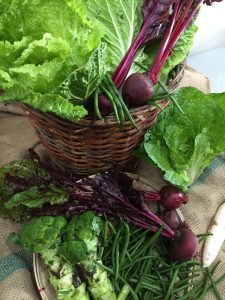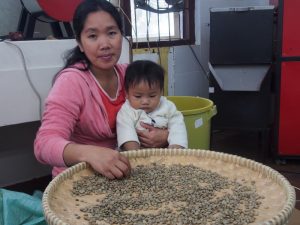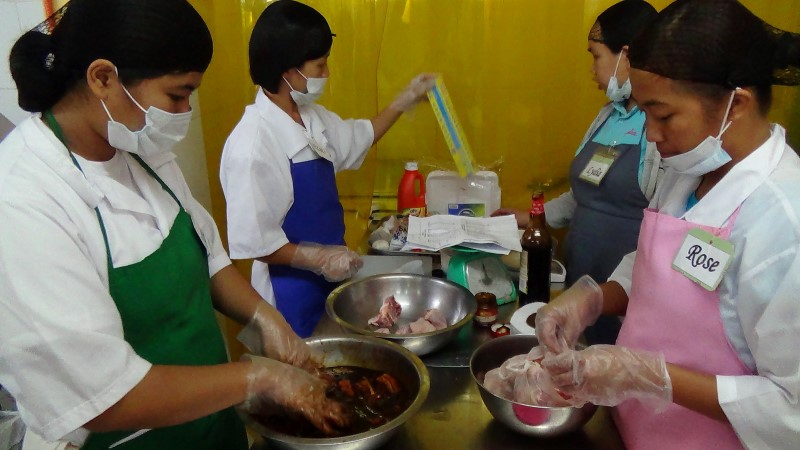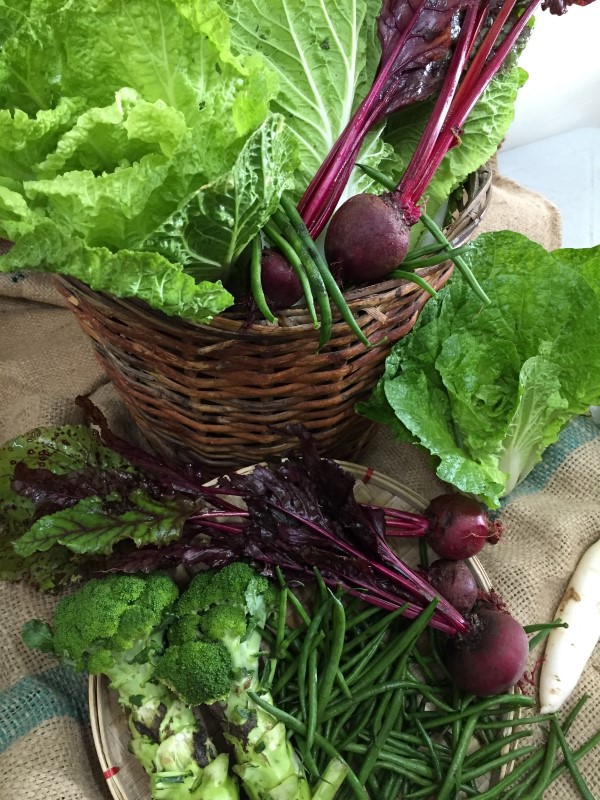Market for organic veggies, coffee has good potential for growth

TUBA, Benguet – WANTING to improve its annual production of organic coffee and vegetables, the Philex Group Foundation, Inc. (PGFI) has hired experts to teach its farmer-beneficiaries the proper way of mixing decayed plants, such as leaves and grasses, for the improvement of soil nutrients.
“The expansion of our market for these products, including processed meat, has been our focus for the medium term,” Paul Buenconsejo, executive director of PGFI, said. “One of the most important steps is to have more distributors for our products.”
The medium-term goal, from 2014 to 2018, is to further increase the number of distributors for organic coffee—currently at eight—and for organic vegetables, totaling seven. For its processed meat, which it targets to hit an annual production of 2.5 – 3 tons, the foundation has already penetrated the Baguio-Benguet market, especially for morcon—meat roll stuffed with sausage, carrots, pickles, cheese, and egg.
Already, current production was seen to hit over two tons by end-October, as compared to three tons registered for the entire 2015. PGFI’s other processed meat products are chicken-pork roll, chicken inasal (barbecue), chicken wanton lumpia (spring roll), beef ball fritters, pork patties, chicken nuggets, meatloaf, rellenong manok (stuffed, roasted chicken), sisig (chopped pig’s face, snout included, and ears), and ground pork.
Buenconsejo said his team has continued hiring experts to train the farmers in Sitios Balayan, Mangga, and Torre, all in Brgy. Camp 3, Tuba, and in Sitio Sta. Fe, in the Itogon barangay of Ampucao. (Tuba and Itogon are the host towns of Philex Mining Corp.’s Padcal operations in Benguet province.)
“We’ve been teaching them traditional and organic farming, including pruning,” he stressed, adding that coffee shrubs, if not cared properly, would not bear enough fruit. If maintained well, a shrub would yield a kilo of beans per harvest season, which is from December to March. With its farmer-beneficiaries tending to about 6,000 coffee shrubs, he added, PGFI finds it imperative to improve the yield, which is currently at .001 kilo per shrub, otherwise it would be “sayang” (“a waste”).

Already, one of PGFI’s sellers of organic vegetables and coffee for the Manila market is the Holy Carabao Holistic Farms—known for its products farmed in healthy soil without the use of genetically modified organism (GMO) and synthetic pesticides and fertilizers—which distributes to S&R and Rustan’s, among other supermarkets and hypermarkets.
“But we need more,” Buenconsejo said. “Although the market for organic produce is still small and mostly composed of expatriates, we believe this has good potential for growth, as the number of health-conscious consumers is increasing.”
For its organic vegetables—lettuce (romaine, baby red romaine, and iceberg), red sugar beets, French beans, radish, potato, carrots, spinach, wombok (Chinese cabbage), flowering pechay (cabbage)—the foundation aims to sell more than 3,500 kilos by end-October, as compared to 3,000 kilos for the entire 2015.
“This will depend mostly on the increase in soil nutrients,” said Buenconsejo, who expects to hit the target, adding that the farmers had first undergone training—in organic composting, making organic pesticides, and plotting—five times a month for one year between 2014 and 2015.
Incorporated in Sept. 2010, the PGFI has been tasked to establish livelihood programs for Philex Mining beneficiaries in the host and neighboring communities of the miner’s Padcal operations. Its marketing arm, the for-profit Px Community Foods and Marketing, Inc. (PxCFMI), was established in the same year.















